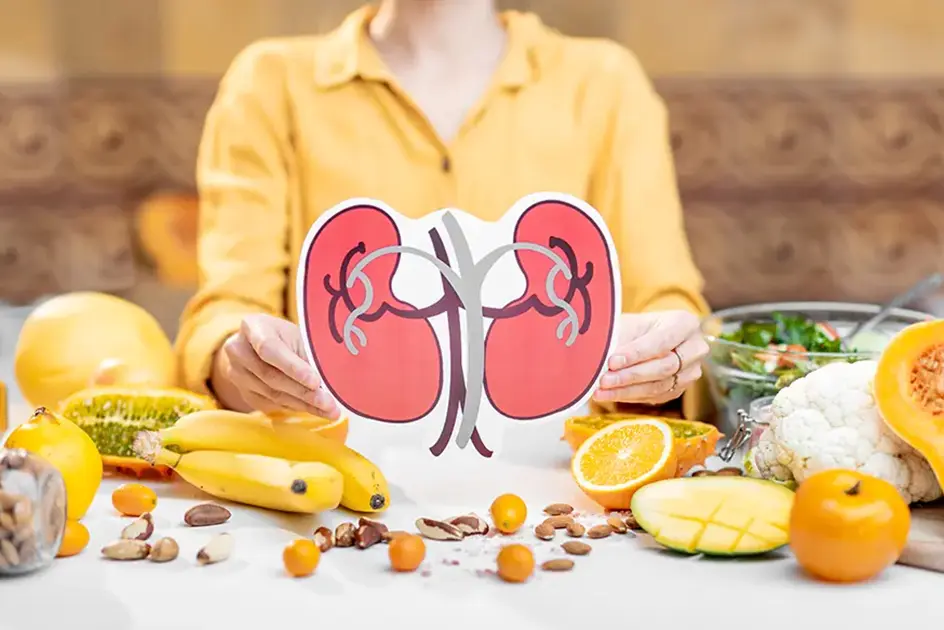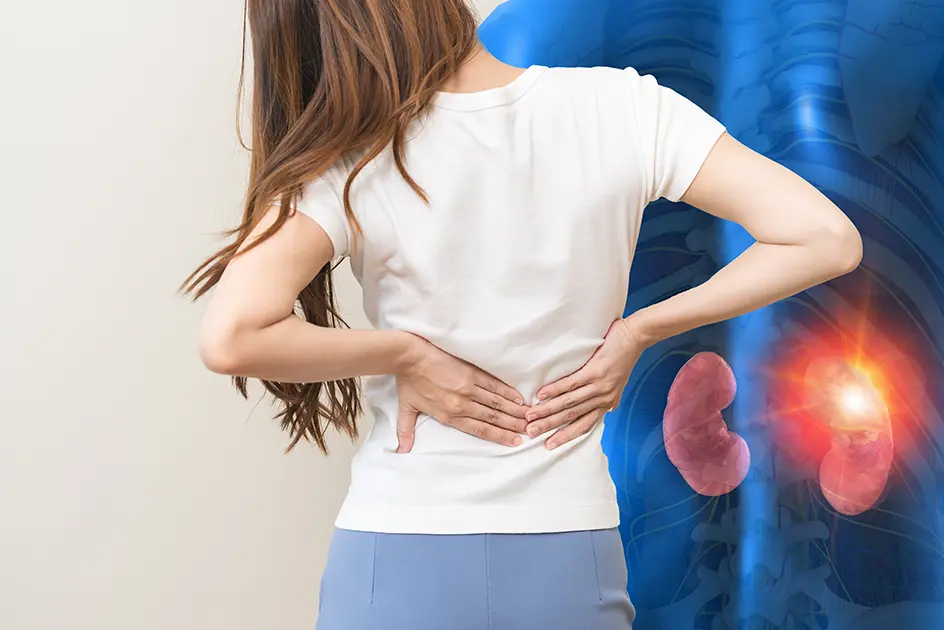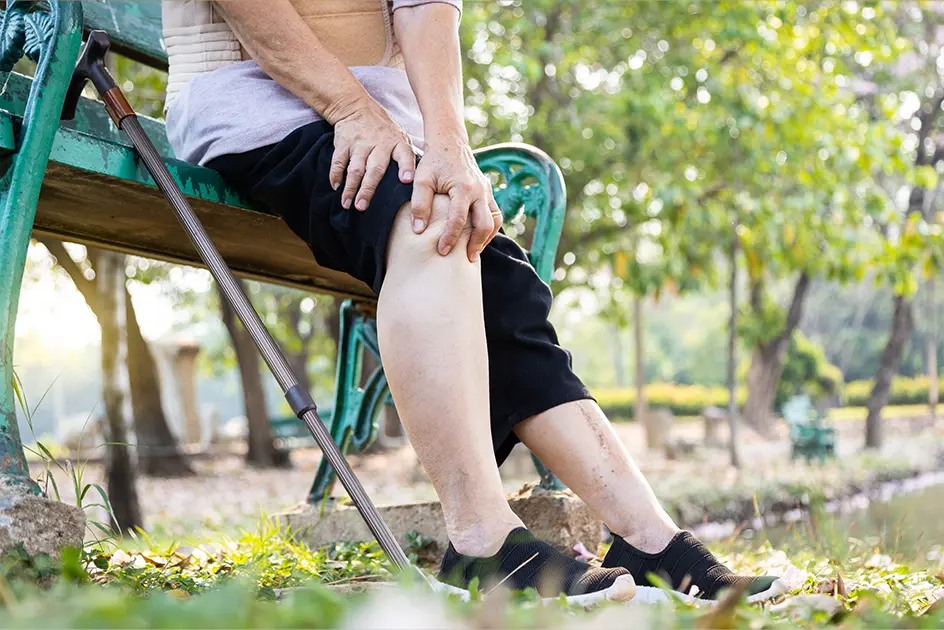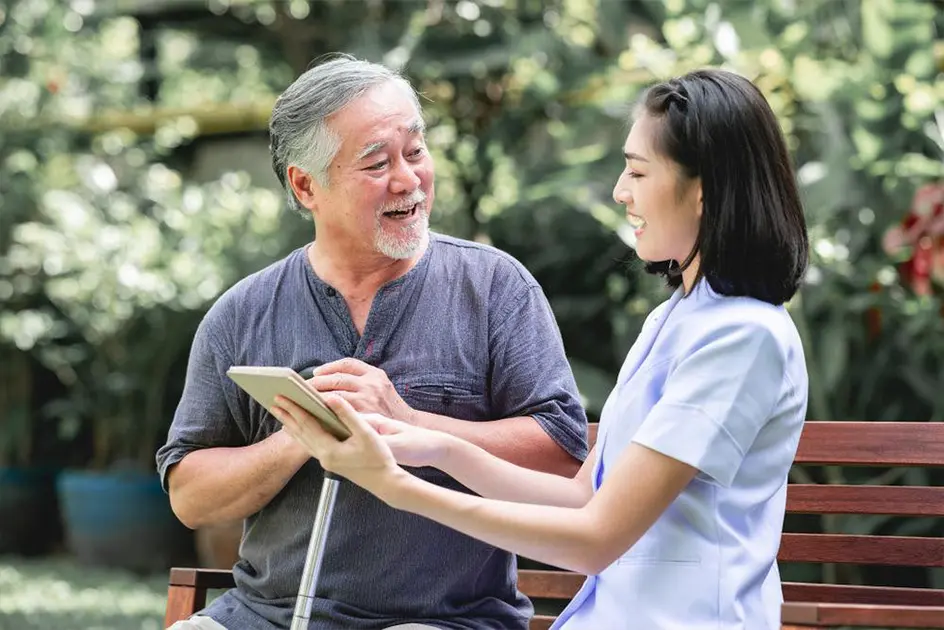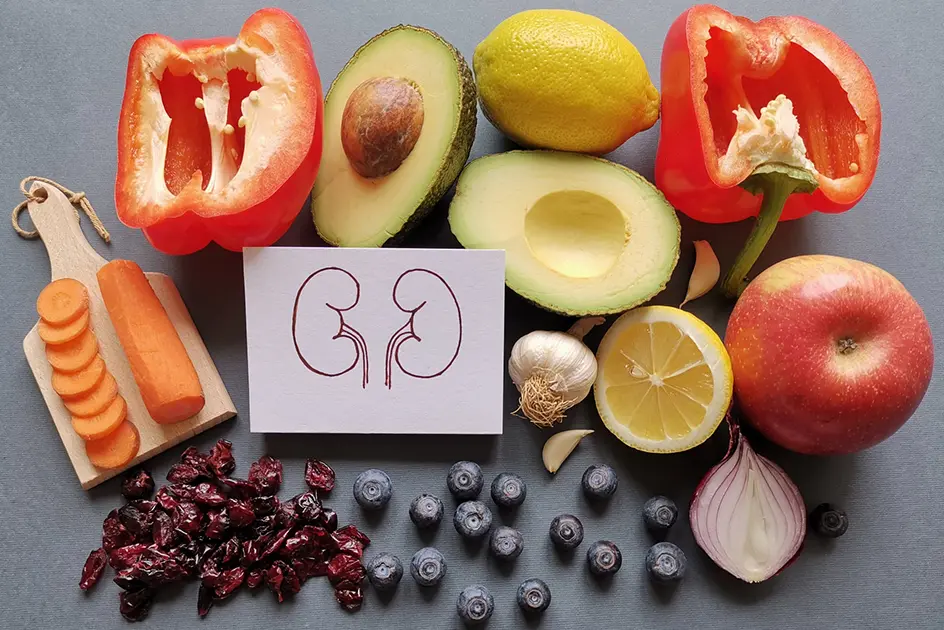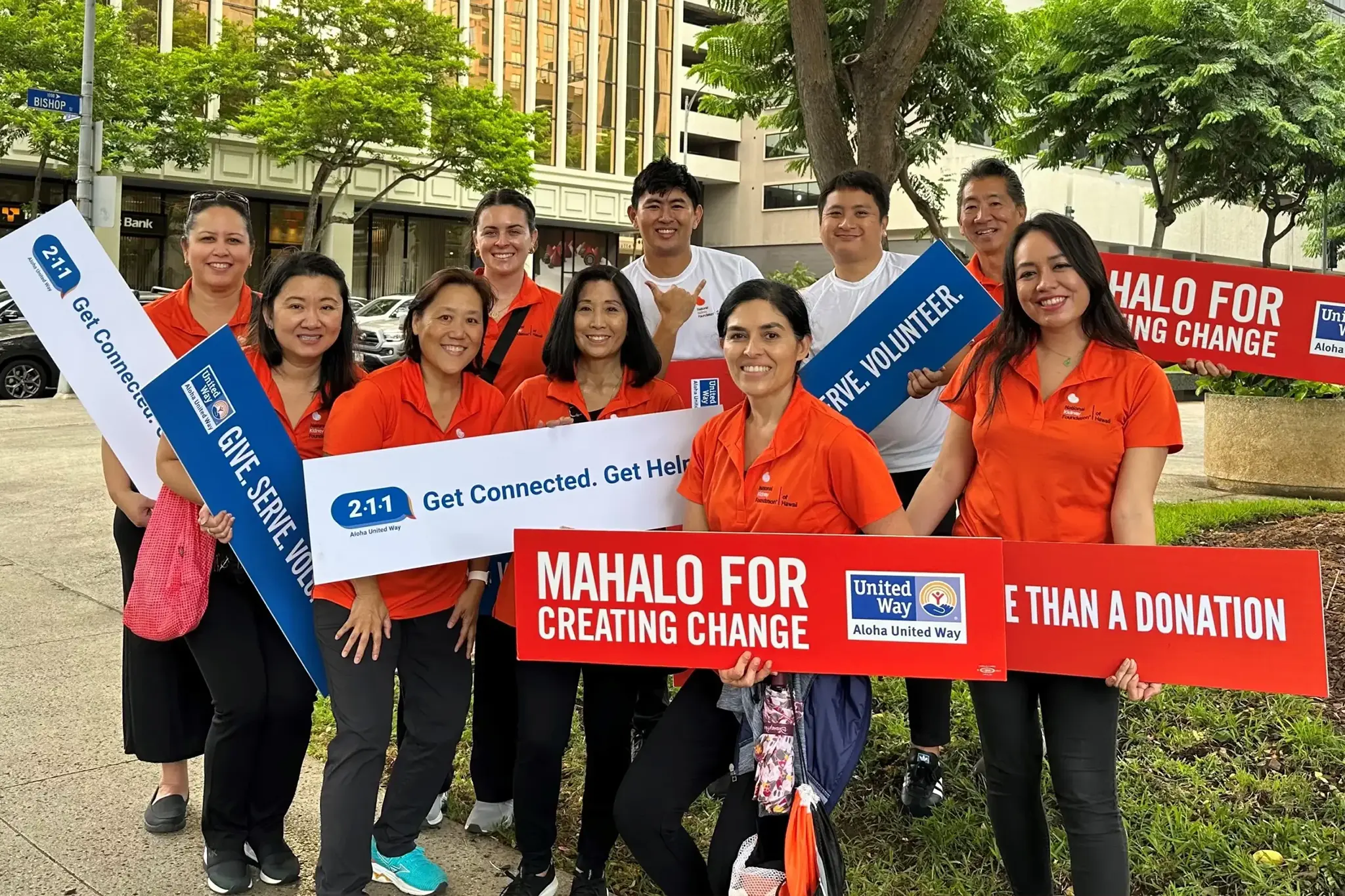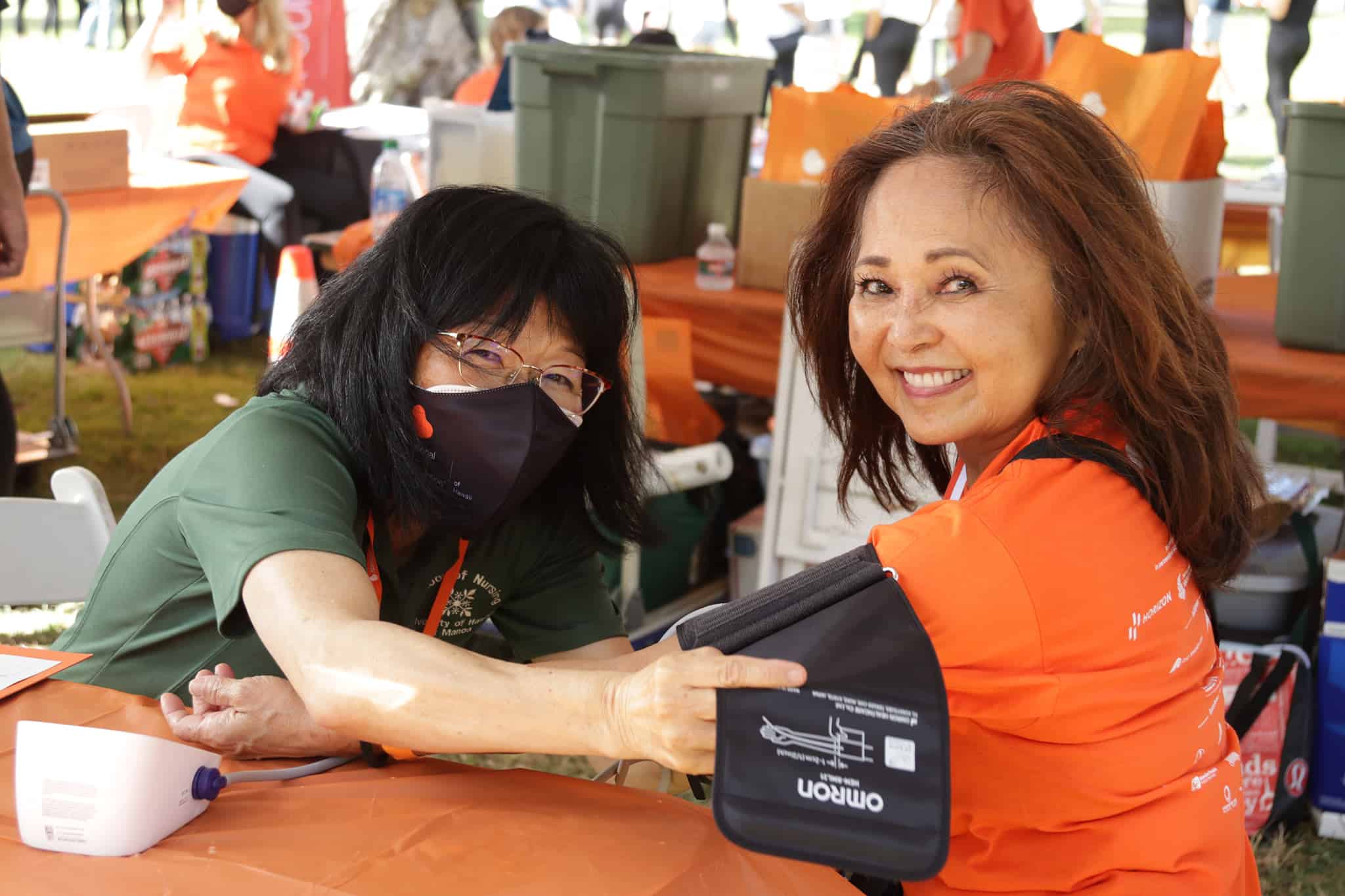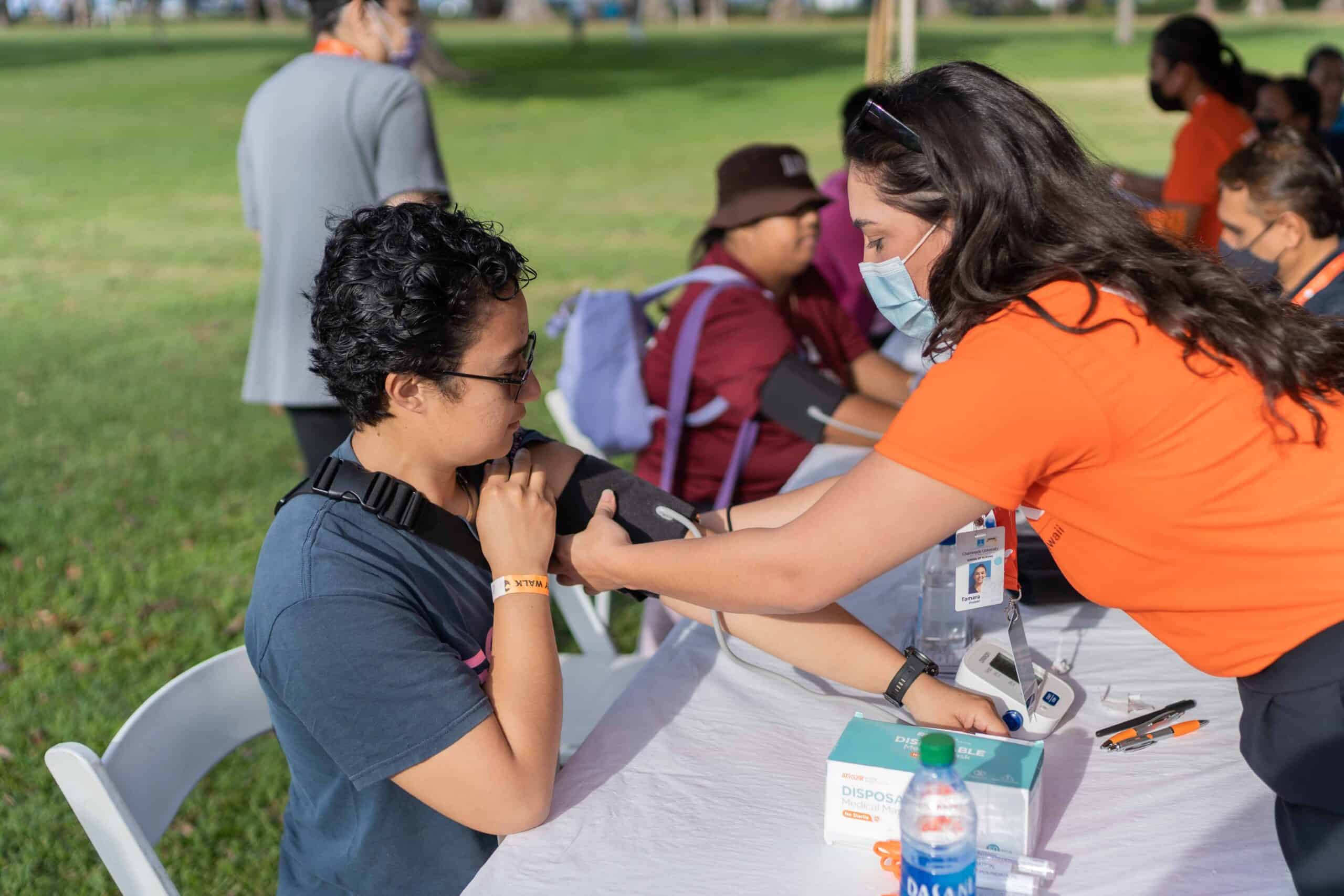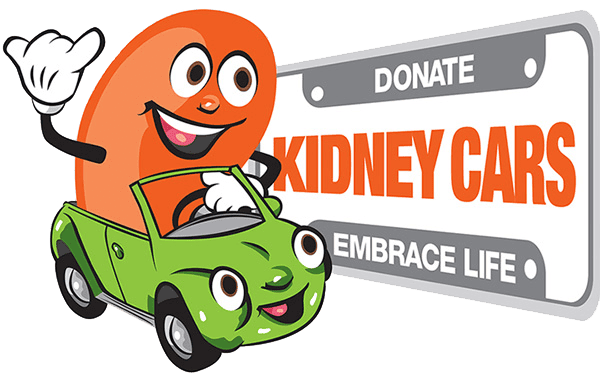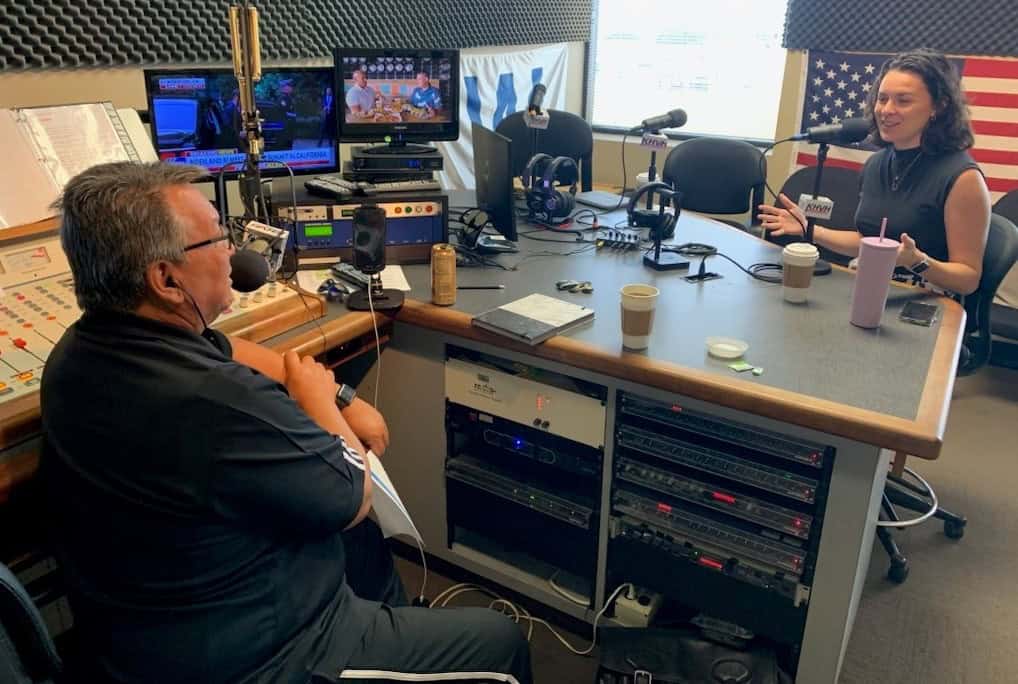Welcome to our latest blog post on the National Kidney Foundation of Hawaii's website. Today, we're excited to share highlights from two engaging conversations that were featured on the "Sustaining Hawaii Radio Show" hosted by Rick Hamada. Our own Jenna Copley and Michelle Saito joined the discussions, offering valuable insights into the initiatives and challenges in promoting kidney health throughout Hawaii. These discussions not only focus on the impact of kidney disease but also on the broader efforts of our foundation to foster a healthier community through education, awareness, and direct action.
Rick: Let's delve deeper into a specific health issue—kidney health. What is the significance of National Kidney Month?
Jenna: National Kidney Month is critical because it brings attention to kidney health and disease, which affects a large portion of our population. During this month, we focus on education, prevention, and management of kidney disease, and support for those affected.
Rick: Michelle, can you describe your role in the National Kidney Foundation of Hawaii and how you became involved?
Michelle: Thanks, Rick. I am the IT and Business Manager at the National Kidney Foundation of Hawaii. I joined the foundation after a diverse career path, including a stint as a high school teacher and working in technology in Silicon Valley. I returned to Hawaii for family reasons and eventually found my way to the foundation, drawn by the mission to combat kidney disease.
Rick: Jenna, why are kidney disease rates so high in Hawaii, and what are the main contributing factors?
Jenna: That's a great question, Rick. Kidney disease rates are about 30% higher here than on the mainland. The main contributing factors are diabetes and hypertension, which are significantly prevalent in our communities. These conditions strain kidney function and lead to higher incidences of the disease.
Rick: Can you talk about the different types of kidney diseases and how they impact individuals?
Jenna: Absolutely. While many are aware of chronic kidney disease, there are several other types like glomerular disease and polycystic kidney disease. Each type affects the kidneys in different ways, but all can lead to serious health consequences if not properly managed. We aim to provide support for all these conditions through our various programs.
Rick: What specific steps is the National Kidney Foundation of Hawaii taking to address this issue?
Jenna: We're tackling this on several fronts. We provide extensive educational programs and free community screenings to identify and manage kidney disease early. Awareness and prevention strategies are crucial, especially in educating the public about the risks associated with obesity, diabetes, and high blood pressure.
Rick: Michelle, you are heavily involved in organizing the Kidney Walk. Can you walk us through what the planning and execution of such an event entail?
Michelle: Organizing the Kidney Walk is a massive endeavor. It involves everything from coordinating with sponsors and handling logistics, to engaging volunteers and ensuring the event runs smoothly. The event is our largest fundraiser and serves as a critical platform for raising awareness and supporting those affected by kidney disease.
Rick: Jenna, could you share some success stories or significant outcomes from past Kidney Walks?
Jenna: Certainly, Rick. Each year, the Kidney Walk brings together hundreds of participants who raise funds and awareness for kidney health. A success story that stands out is from a previous walk where several attendees discovered they were at risk for kidney disease thanks to our on-site screenings. These early detections can be life-changing, allowing individuals to seek treatment and make necessary lifestyle changes early.
Rick: Michelle, would you mind walking us through the details of the Kidney Walk, how we can participate registration, time, everything else?
Michelle: Sure, the Kidney Walk is on March 16th at Kapiolani Park. We will be there from 8 a.m. to noon. You can register online at kidneywalk.org slash Hawaii. We highly suggest that you register online before coming down, but you'll be able to register there as well. It is a free registration to come and participate with us. It's a 1.7-mile route around Kapiolani Park. After that, we'll have entertainment on the stage, we'll have some music, we'll have taiko drumming, and we'll have educational programming. You can get your blood pressure checked, and we have some events for our keiki as well so they can have some fun and learn about kidney disease.
Rick: Jenna, nutrition and diet play significant roles in managing and preventing kidney disease. What advice does the foundation offer regarding diet?
Jenna: Nutrition is pivotal. We advise reducing sodium intake, limiting high-protein foods, and avoiding processed sugars to help manage or prevent kidney disease. We also stress the importance of regular check-ups that can monitor kidney function, especially for those with risk factors like diabetes.
Rick: Can you have too much protein?
Jenna: Yes, you can. And it really does depend, protein needs really depend on person to person. For people who are very, very active, they may need more protein, and they might need more protein for a variety of reasons. But many of us actually get way more protein than our bodies actually need. Especially when we, in certain stages of kidney disease, there is good at decreasing the amount of protein that we're having, and that overall can help us continue to live healthily.
Rick: How does the foundation assist those who already have kidney disease?
Jenna: We offer comprehensive support services, including counseling, education on kidney disease management, and assistance with accessing care. For those on dialysis, we provide resources and support to manage the complexities of treatment.
Rick: Moving on to preventive measures, what do you recommend from an exercise standpoint, especially for our older listeners who may feel limited by their age?
Jenna: Exercise is vital at any age. We recommend adults get at least 150 minutes of moderate activity per week. This can be as simple as walking, which has numerous benefits for heart health, stress management, and overall well-being. It's about finding what works best for the individual and incorporating it into daily life.
Rick: Jenna, as we wrap up, what message do you want to leave our listeners regarding kidney health and prevention?
Jenna: Kidney disease is often silent until it's quite advanced, so it's crucial to be proactive about your health. Regular screenings, maintaining a healthy diet, staying active, and managing health conditions like diabetes and hypertension are essential. Everyone should be aware of their risk factors and take steps to reduce them.
Rick: Thank you, Jenna and Michelle, for your insights and for all the work you're doing to improve health outcomes in Hawaii. It's clear that your efforts are making a significant impact on the lives of many.
The insights shared by Jenna Copley and Michelle Saito underscore the National Kidney Foundation of Hawaii's commitment to fighting kidney disease and supporting our community's health. Through various programs, community engagement like the Kidney Walk, and a comprehensive approach to education and prevention, we are dedicated to improving health outcomes across Hawaii. Our efforts aim to empower individuals with knowledge and resources, demonstrating that together, we can make a significant difference.
Remember to tune into the "Sustaining Hawaii Radio Show" on AM 830, airing every first and third Wednesday of the month at 9 AM, for more updates and discussions that drive our commitment to a healthier Hawaii. For those who missed the live broadcast, the full episode is available below.

